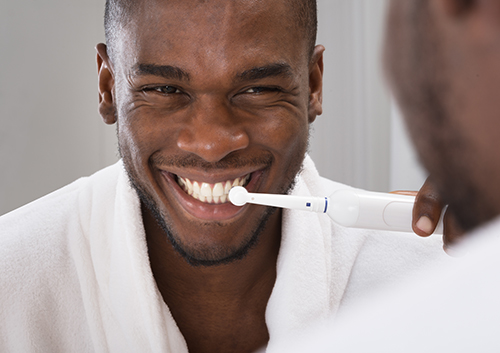Five Ways You Won’t—And One Way You Will—Get Your Braces Off Faster
March 28th, 2024

It’s only natural when you’re waiting for something good—you count down the weeks until your birthday, or until the summer holidays, or until your braces come off. But while your birthday and your vacation won’t come any faster no matter what you do, you can help determine just how fast that happy day arrives when you’re done with your orthodontic treatment.
When you first got your appliance, Drs. Cartsos and Zavras gave you an estimate of how long your treatment would take. Of course, that estimate is based on everything going according to plan. What are some detours that can delay your progress?
- Missing Appointments
With every adjustment at our Chestnut Hill, Massachusetts office, you are moving closer to the ideal positioning for your teeth. If you miss or postpone appointments, it can take just that much longer to complete your orthodontic work.
- Eating the Wrong Foods
You have a list of foods that are on the do-not-eat list. Hard, chewy, sticky bites are famous braces-breakers, but don’t forget that size also matters! Biting into a juicy apple or a buttery ear of corn can damage your brackets and wires just as much as chewy candy can. Be sure everything you eat is size-appropriate and braces-friendly. Obviously, damaged braces can’t straighten teeth as effectively as intact appliances!
- Sticking with Bad Habits
Pressure from nail biting, chewing pencils, or crunching on ice can cause chips and cracks in your teeth, so just think what they can do to your appliance. Ask us for tips for quitting if you’ve picked up any of these habits. We know habits can be hard to break, but they are harder on your teeth and braces. If you bend or break a wire or loosen a bracket, you might be delaying your orthodontic progress. Which leads us to . . .
- Ignoring Appliance Accidents
Accidents happen. Brackets or metal bands can become loose; wires can bend or break; spacers can fall out. If you notice a problem, call our office right away. Sometimes a minor problem can wait, but if your appliance is damaged, your teeth aren’t moving into position on schedule.
- Blowing Off Bands
If you have bands to help correct your bite, be sure that you wear them as directed. If you skip hours or days of band-wear, you are adding to the time it will take to correct the bite problems they are meant to fix. And don’t double band to speed things up—that might put too much pressure on your teeth. Just follow our recommendations, and you will be done with those bands—and those braces—as soon as possible.
But, wait! We promised you one sure way to keep your orthodontic progress on track:
- Follow Your Treatment Plan
If you keep your appointments, take care of your braces, call us promptly if they are damaged, and wear your appliance as directed, you will be doing your part to keep your treatment on track. And that happy day when your braces come off? It will arrive right on schedule!









